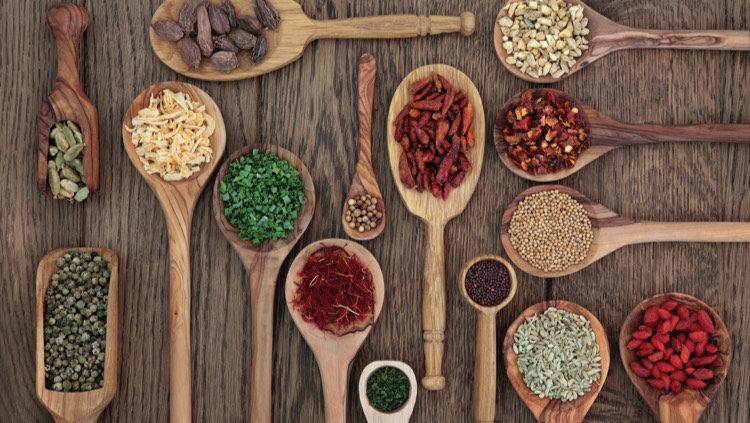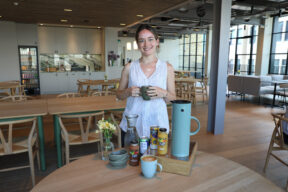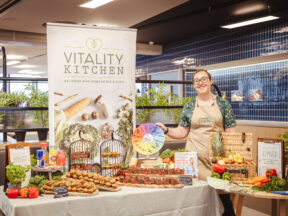Blogs
Season to success

I season everything, from baked beans and fruits to my morning tea. But what does seasoning really mean? The dictionary describes it as “the process of adding salt, herbs, or spices to food to enhance the flavour.”So when I say ‘season’ it doesn’t necessarily mean banging a brick load of salt into everything I touch, rather, you can season in a whole range of different ways; acids such as lemon juice vinegars and whey, spices or even fermented products like Lee and Perrins or soy sauce. Seasoning is anything that enhances the flavour of a product or food.
The only way to truly understand this is by constant practice and constant taste assessment. There is a curse of some chefs out there who do not taste what they have made and just hope that what they produce will be the best it could be. I don’t get these people! I want everything that the chefs or I produce to be the absolute best it can be, this doesn’t only come down to seasoning levels but also balance; the right levels of fat or acidity in a dish can be just as important.
Chefs are always knocking out dishes consisting of different vegetable elements or sauces, relishes, chutneys etc.… they taste good by themselves but often lack a sense of cohesion when eaten as part of a meal. There is nothing worse than a piece of meat that isn’t served with the right amount of sauce, elements that make the dish as a whole too acidic or too sweet. Have you ever been served a parfait or pate when the restaurant doesn’t give you enough toast to go with it? Drives me loopy!!
For an upcoming event a Development Chef, Mark, and I were working our way through a menu of canapés we were trying out for a tasting. If we just served them without testing and tasting and tasting again, we would have failed miserably; the tinkering and experimenting whilst tasting what we were doing was an essential element of creating a great set of canapés. We wanted to see how the menu worked as a whole and in what order to serve the dishes; how did they eat, were we using the right serving equipment? All if these questions needed to be answered.
This final tinkering and constant adapting is what causes good dishes or service to become consistently great. Event catering differs from standard restaurants, where you get to do the same dishes over and over again for weeks or months at a time. We usually have one shot to pull it off, so hind sight can be a real kick in the teeth. Planning, tasting and assessing are crucial.
Tasting and self-evaluating are skills we always encourage our younger chefs to learn as it is what further set us apart from the competition. Always push for more, you never know how good something can be if you aren’t constantly pushing its boundaries.
Pete Redman
Executive Chef





